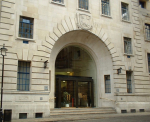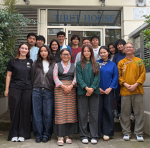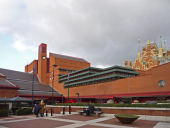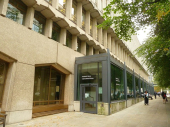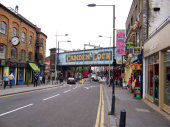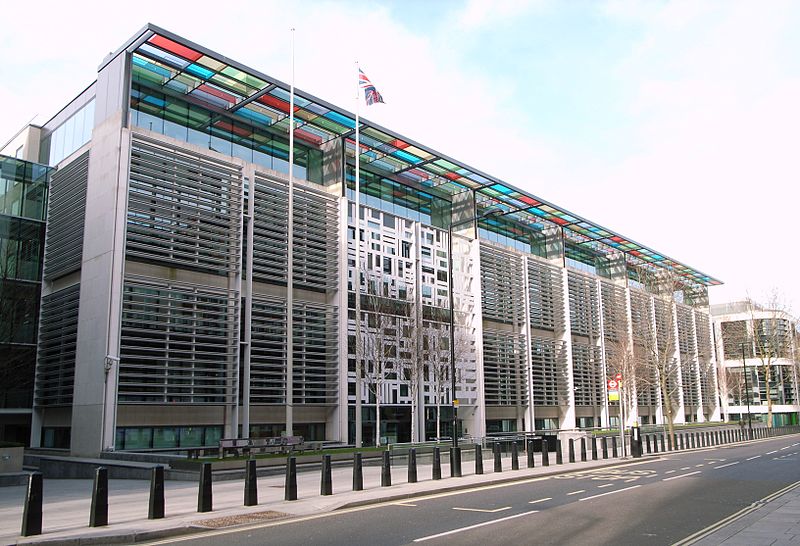
Police forces across England and Wales are set to receive new powers aimed at reducing disruption caused by ongoing or repeated protests. Under these new measures, officers will be allowed
to consider the “cumulative impact” of protest activity — meaning they can take into account the history of demonstrations at a given site when deciding whether to impose limits or conditions.
This change, announced by Home Secretary Shabana Mahmood, is part of a broader review into how protests are policed and organised. Senior officers could, for example, require organisers to move demonstrations to a different location if previous protests have caused repeated disorder or disruption. Anyone who ignores these conditions could face arrest and prosecution.
Home Secretary Shabana Mahmood said: “The right to protest is a fundamental freedom in our country. However, this freedom must be balanced with the freedom of their neighbours to live their lives without fear.
Large, repeated protests can leave sections of our country, particularly religious communities, feeling unsafe, intimidated and scared to leave their homes. This has been particularly evident in relation to the considerable fear within the Jewish community, which has been expressed to me on many occasions in these recent difficult days.
These changes mark an important step in ensuring we protect the right to protest while ensuring all feel safe in this country”.
To put these changes into law, the government will amend Sections 12 and 14 of the Public Order Act 1986, giving police the explicit ability to consider the cumulative effects of frequent protests when setting conditions on marches and assemblies. Further details will be announced in due course.
Yesterday, Policing Minister Sarah Jones visited Lambeth Police HQ to see how the Metropolitan Police responded to recent demonstrations, which resulted in nearly 500 arrests—most linked to the proscribed group Palestine Action. The Minister also discussed with police leaders how emerging technologies like live facial recognition could support protest policing in the future.
The Home Secretary will today write to Chief Constables across the country, thanking them for their quick and professional responses to recent incidents, including Thursday’s attack, and urging them to use all available powers to prevent and respond to public disorder.
Following the Yom Kippur terrorist attack in Manchester, Communities Secretary Steve Reed has also written to local councils, encouraging them to take every possible step to protect Jewish communities—this includes using existing powers to manage and limit protest activity where necessary.
Police forces nationwide are working closely with the Community Security Trust to reassure and support Jewish communities, offering additional protection to more than 500 synagogues and community sites across the UK.
Today’s announcement builds on wider measures already included in the Crime and Policing Bill, which aim to strengthen the policing of protests. These include:
- Banning the possession of fireworks, flares, and other pyrotechnics at protests;
- Making it a criminal offence to climb specified war memorials, to prevent acts of disrespect; and
- Prohibiting the use of face coverings to hide one’s identity at designated protests. Photo by Steve Cadman, Wikimedia commons.
















